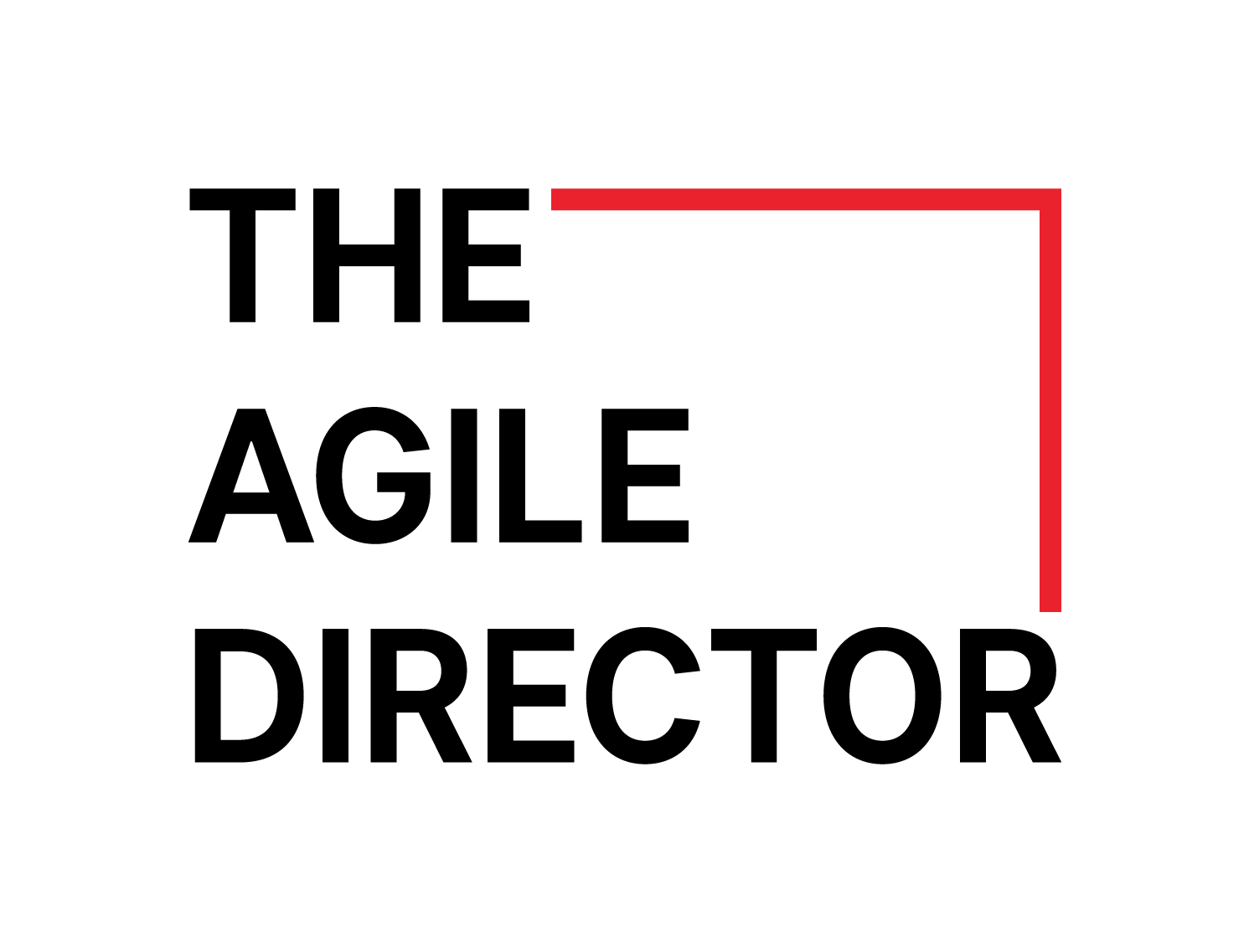Governance and Social licence to operate: the culture-trust foundation
With scrutiny of corporate conduct at an all time high, we look at culture and trust as essential elements of a social licence to operate. We also provide practical tips if you are driving unlicenced.
In a recent opinion piece from GGI’s Simon Arcus, he delved into the APRA report on CBA. The result was a series of lessons learned and a conclusion that CBA needed to look at its core – its culture – to earn back the trust of customers and the community.
Last week this point was made again – loud and clear – when CBA’s current CEO Matt Comyn and Chair Catherine Livingstone took to the stand at the banking royal commission to discuss CBA’s conduct. A number of statements provided as evidence gave insight into the culture at the highest levels of the bank.
In an email exchange in 2015 between Comyn and then-CEO Ian Narev, Comyn recommended that sales of questionable insurance products be suspended for not meeting the bank’s own standards. In response, he was told by Narev to “temper your sense of justice”.
In an email from Comyn to Livingstone in early 2018, just prior to being appointed CEO, Comyn states, “Building an effective and transparent relationship with the Board to rebuild trust in CBA together is my highest priority, and is essential to being able to get through the next few years.”
Culture, trust and justice are now recurring – and central – discussion points for regulators, in boardrooms and in the media. No longer is a healthy culture a ‘nice to have’, it’s being recognised as the foundation upon which to build a sustainable organisation, underpin consumer trust and an essential part of any cure for endemic organisational problems.
Building trust starts at the top
At the core of the idea of social licence to operate is the issue of trust – trust that organisations will do the right thing – and this may not always be aligned to immediate stakeholder interests or priorities. Sometimes doing what is ‘right’ won’t be popular for a host of reasons – it may reduce dividends for shareholders or impact on incentives paid to the board or executives for example.
Nevertheless, to earn their social licence to operate, directors must take the higher ground. This will require them assessing stakeholder interests over the short and long term, weighing the risks and rewards and ultimately doing what society would generally consider to be ‘the right thing’.
Then, when an organisation can prove that its own actions, behaviours, internal culture and priorities align with what is right, they can claim to have earned their social licence to operate.
The idea of a social licence is nothing new but the recent prominent and open exploration of director conduct versus societal expectations has put the social licence debate front and centre.
Earlier this year, the Australian Financial Review and KPMG held a round table to explore the issue of corporate trust: “In an environment of constant scrutiny, the impact that a company – its products and services, culture or operations – has on people and the environment has become everyone’s business. An organisation’s social licence to operate is not a given and can quickly be challenged, in turn impacting its future and the broader market.”[1]
We are at a turning point in Australia where the Royal Commission will act as a catalyst that will drive greater expectations around business conduct, and harsher penalties for those directors and organisations found guilty of misconduct, neglect or ignorance of the principles of good governance.
At no other time in history have directors been under the same level of expectation that they are today. It’s no longer enough to deliver business results, directors are now being expected to do what is right and to be worthy of the trust placed in them by employees, customers and the community.
Since taking up the top job at CBA in April, Comyn has taken steps to rebuild the trust of its customers. He rewrote the company values and committed to making CBA a better, simpler bank – a promise that preceded announcements including the sell-off of the Wealth Management arm in late June.
In a letter to every CBA customer in September, he apologised for letting them down, acknowledging the need to do better and inviting customers to respond directly to him with any feedback or concerns.
Such actions were aimed at fixing the internal culture to become worthy of customer trust; and then gain back that trust by focusing on doing a better job by doing what is right.
And don’t think that this refocus will start and finish with large financial institutions.
The events in the banking sector in the lead up to 2018 highlighted many areas for improvement. If they ignite conversation and result in stronger commitments from our business leaders to act with intention and integrity, they may have been part of a positive force for change. As the APRA report highlighted…just because a company ‘can’ do something, does it mean it ‘should’?
Expectations about the conduct of business leaders are changing, and not before time.
Has your licence expired?
If you are driving unlicenced, GGI governance partner Andrew Donovan has these practical suggestions to get you on the road:
- Clearly define and articulate your organisation’s purpose;
- Engage stakeholders to ensure alignment with purpose and their expectations;
- Make time in the boardroom for these discussions and ensure there are mechanisms for the stakeholder voice to be heard in the room;
- Get out into the environment, beyond the comfort zone of your current thinking; and
- Watch what the banks do now. Like mining companies in the past, they may prove to innovate in this space given that their ability to freely operate is being threatened.
[1] KPMG: AFR Special Report: Rebuilding Corporate Trust https://home.kpmg.com/au/en/home/insights/2018/02/afr-report-rebuilding-corporate-trust.html



